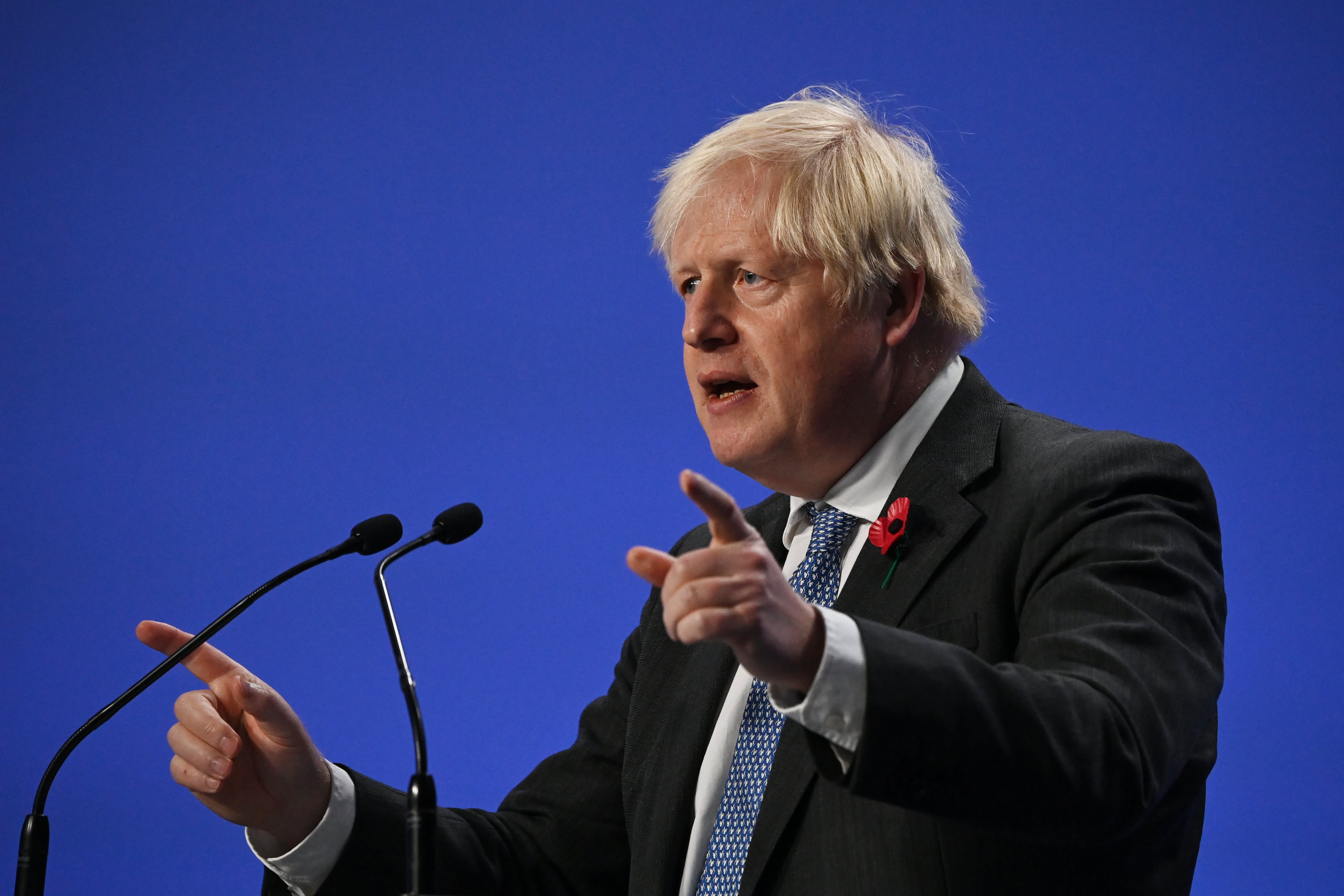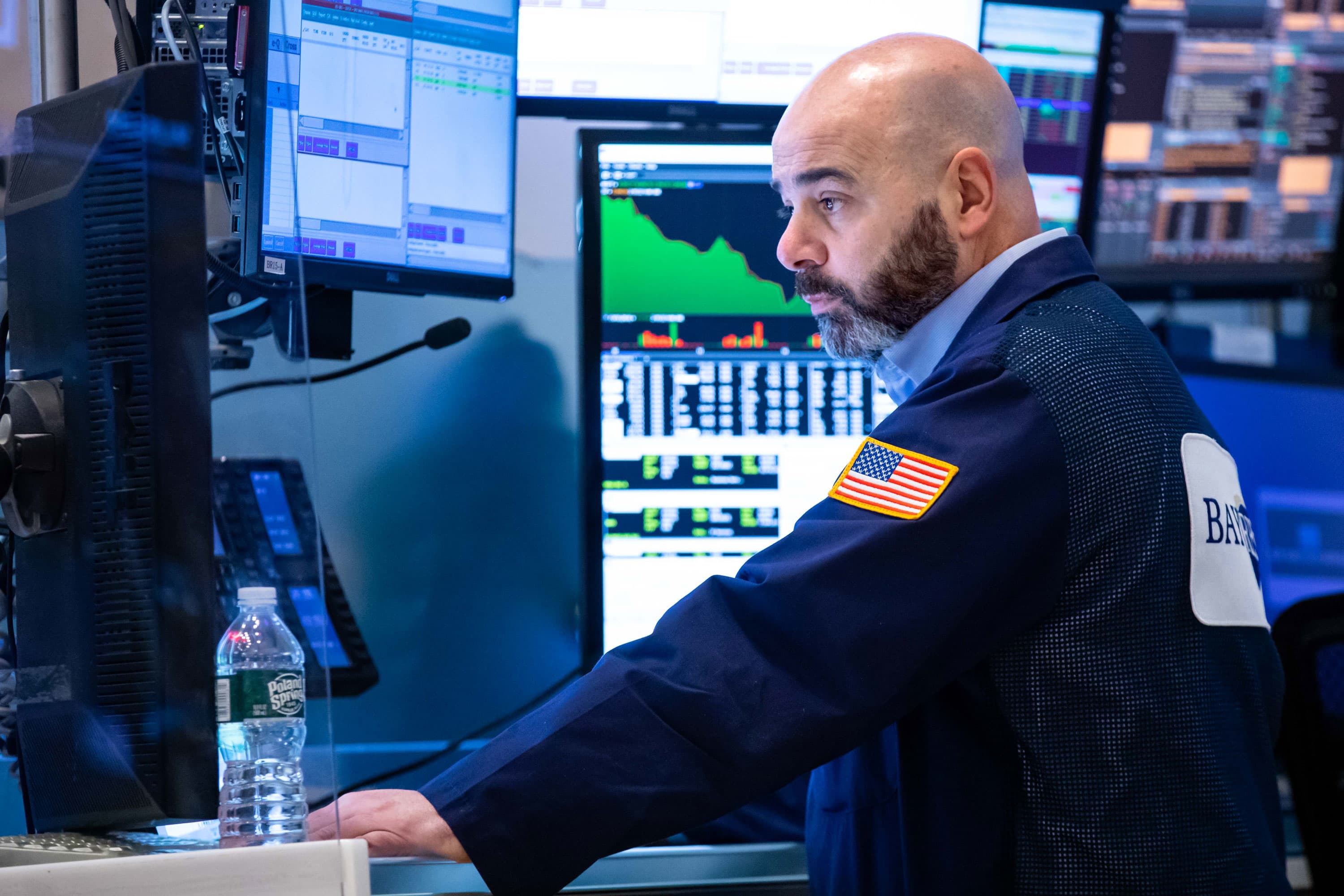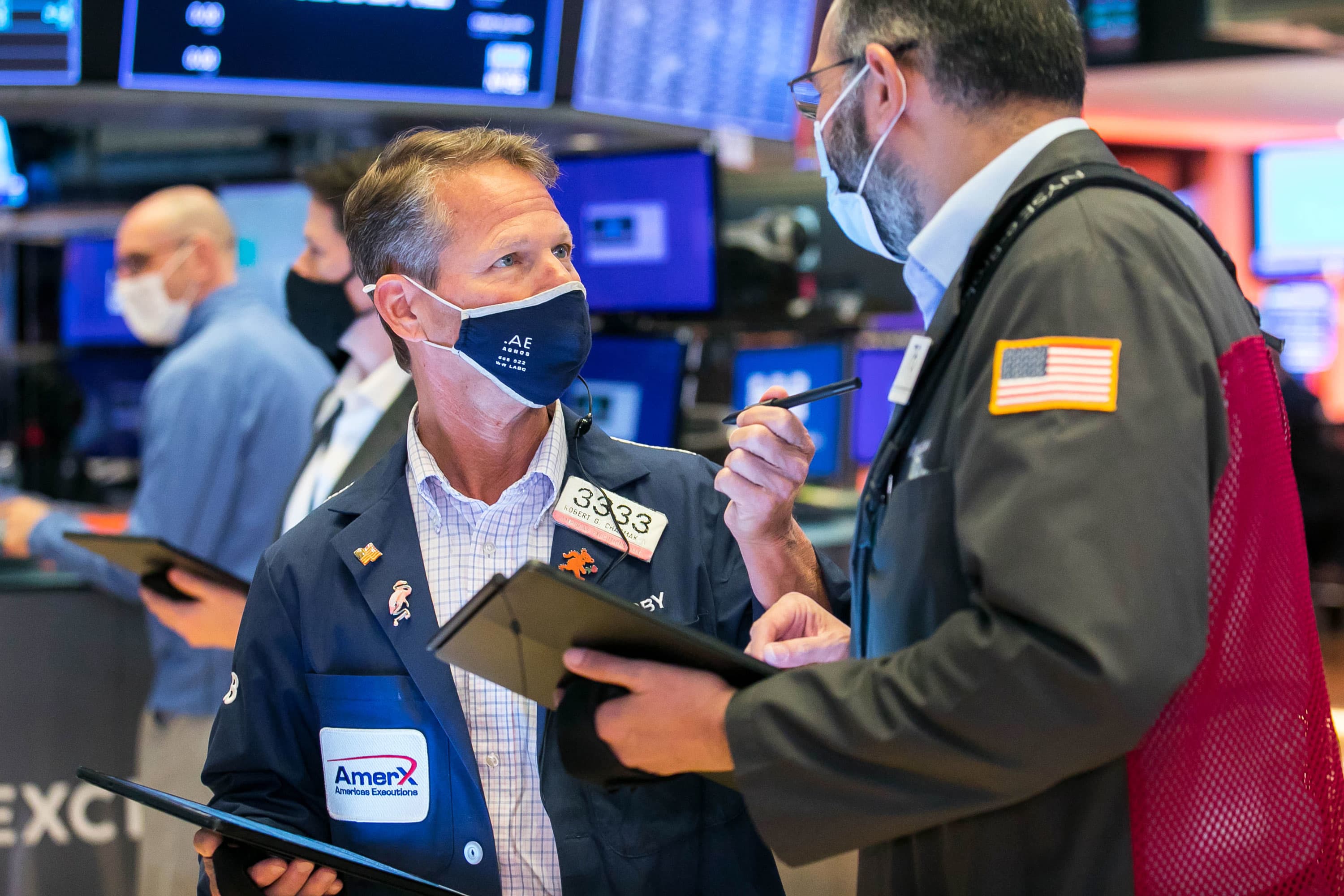Anwar Ibrahim sworn in as tenth Malaysian prime minister
The appointment caps a more than 20-year wait for the former deputy prime minister who has been opposition leader for two decades amid jail terms and political coups.
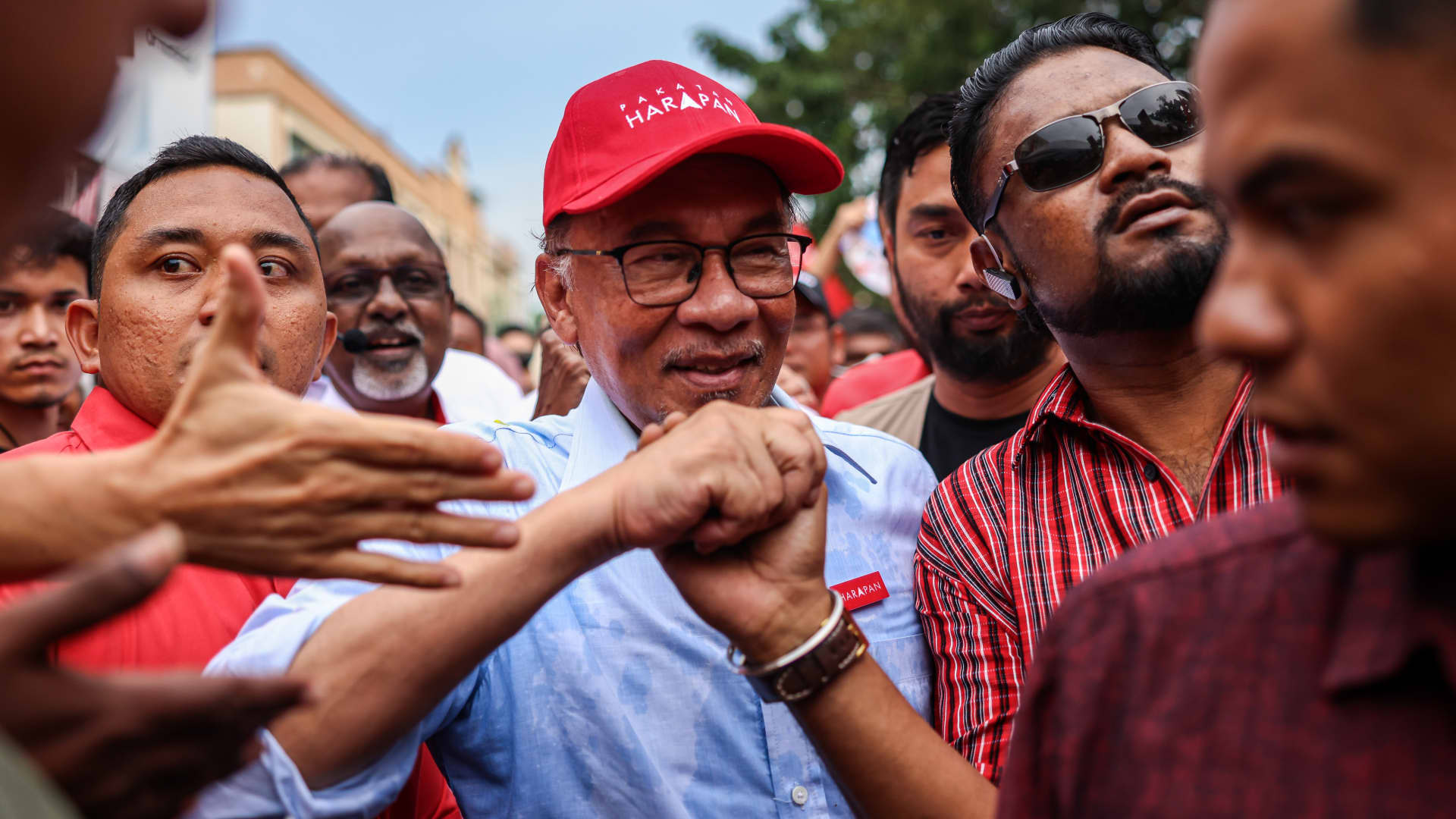

Long-time Malaysian statesman Anwar Ibrahim has been sworn in as the country's new prime minister, after the Southeast Asian nation's palace appointed the opposition leader on Thursday ending a protracted election deadlock.
Making history, the appointment caps a more than 20-year wait for the former deputy prime minister who has been opposition leader for two decades amid jail terms and political coups.
Following a meeting with state rulers and in line with the Malaysian constitution, the king appointed Anwar as the Southeast Asian nation's 10th prime minister. Anwar was sworn in at just after 5 p.m. local time.
"Those who have won, have not won everything and those who have lost, have not completely lost ... I ask that you stand together for our beloved country," the king said, according to a CNBC translation.
"It is not fair that the country is burdened with a crisis that does not end. Our country needs a strong and stable government to build the nation and strengthen the economy."
He has asked elected members of parliament to serve the nation well and extended gratitude to state rulers for their assistance as well as insights toward the resolution of the crisis.
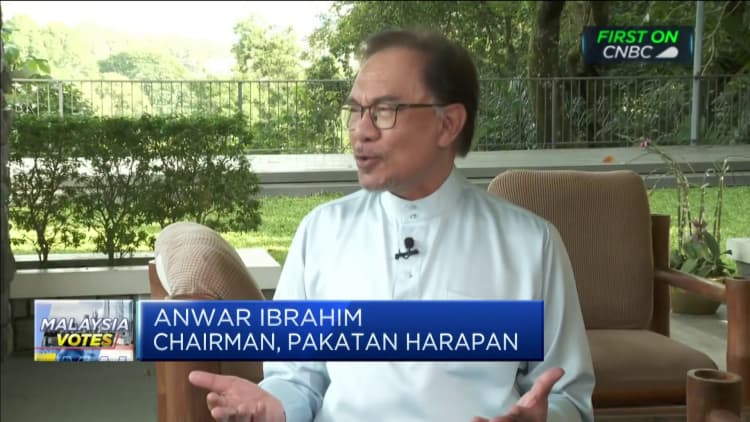
Social media erupted as Malaysians conveyed "tahniah" or congratulations to Anwar. Others wrote "Daulat Tuanku" or "long live the king" on Facebook and Twitter, following the king's decision.
Some netizens said they were "closing up for the day" or "leaving the office early" to see the swearing in at Istana Negara, the royal palace.
"It's about damn time," one person wrote on Twitter. Others said they and their parents who had witnessed Anwar's political struggles, cried over his appointment.
Anwar, was deputy to former prime minister Mahathir Mohamad in the 1990s before being thrown into jail for corruption and sodomy.
Malaysia-listed stocks were in the green ahead of the announcement, but took another leg higher shortly after with the benchmark KLCI index up nearly 4%, its highest in more than two months.
Telecommunications group Axiata Group Bhd was among the top gainers, sitting more than 12% higher as rubber glove manufacturer Top Glove climbed nearly 8%. Genting Malaysia rose nearly 8%.
The Malaysian ringgit also jumped more than a percent to 4.5080 against the greenback.
Malaysia's general election on Saturday produced the nation's first hung parliament, prompting the king to ask leading coalitions to present their alliances on Tuesday in order to form government and nominate their preferred prime minister.
Anwar Ibrahim one the campaign trail during Malaysia's 15th general election.
Getty Images | Getty Images News | Getty Images
But Tuesday's meeting yielded no results instead chaos ensued within kingmaker coalitions such as Barisan Nasional over which leading coalition they would support.
In Saturday's election, Anwar's Pakatan Harapan coalition — the largest in the country — won the highest number of parliamentary seats at 82 but still fell short of 112, the number required to form government. Incumbent ruling coalition Perikatan Nasional was in second place with 73 seats.
Parties and coalitions must win a simple majority of 112 seats in parliament, out of 222 seats that are up for grabs, in order to form the government.
Malaysia has been in political tumult since Anwar's Pakatan won the 2018 election, ending the 60-year rule of Malaysia's dominant coalition Barisan Nasional.
Barisan failed to be re-elected after former prime minister and ex-chairman of Barisan Nasional, Najib Razak fell from grace for his involvement in the multi-billion dollar 1Malaysia Development Berhad (1MDB) scandal. Najib has been sentenced to 12 years in jail.
But just as Anwar was poised to take the leadership in 2020, some Pakatan members defected to form rival coalition, Perikatan Nasional. The defection led to the collapse of the Pakatan government.
— CNBC's Jihye Lee contributed to this report.

 JimMin
JimMin 








